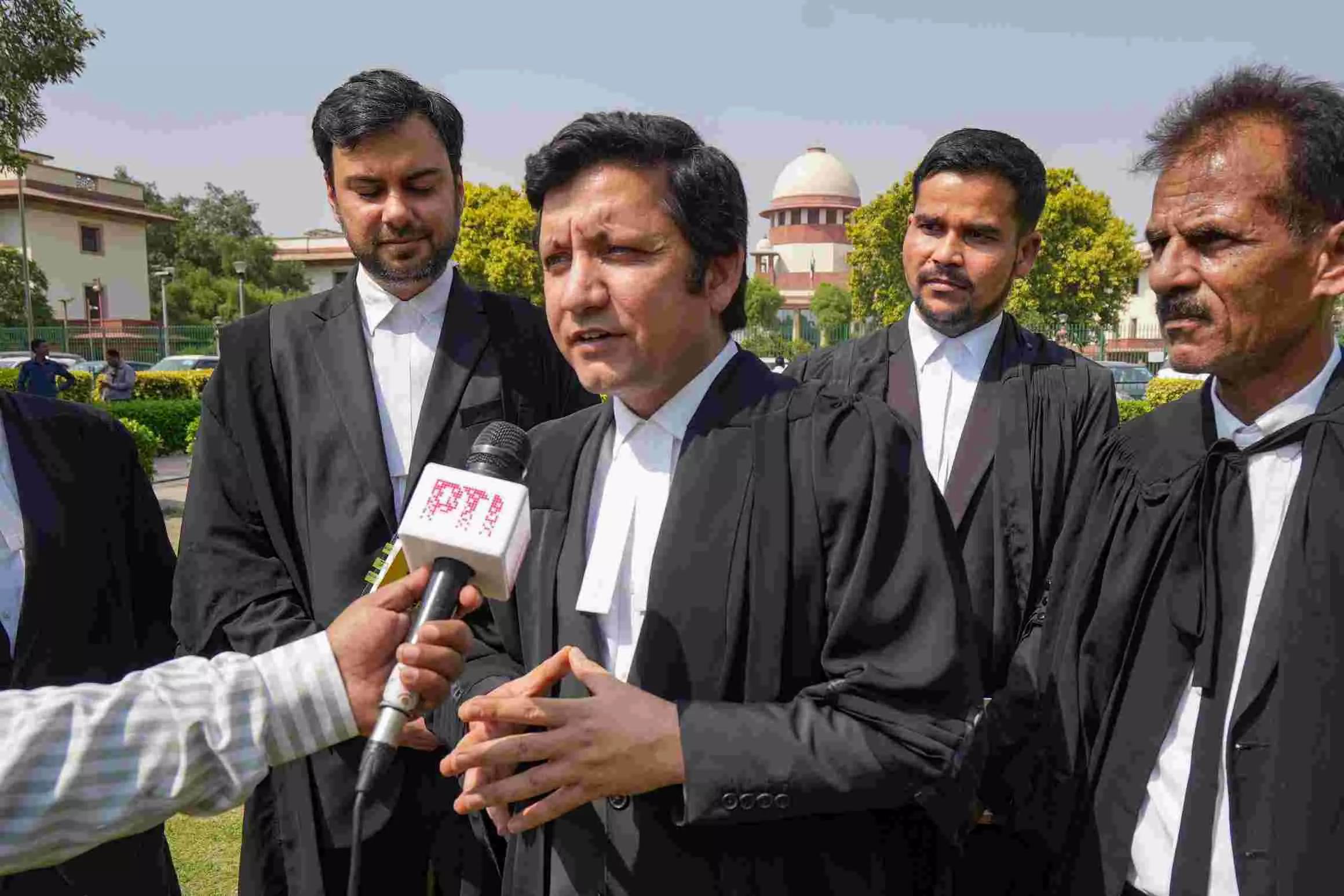
'Waqf by user': What does it mean? Why SC raised concerns over it?
SC expressed serious concerns over what would happen to the "waqf by user" properties because they belong to an era when registration of property did not exist

A key provision of the new Waqf Act relates to the concept “waqf by user”, which refers to properties treated as waqf due to their long-standing use for religious or charitable purposes but they do not have official documents.
This week, the Supreme Court expressed serious concern over what would happen to such properties because they belong to an era when registration of property did not exist.
The apex court judges sought clarification from the Centre regarding the removal of the "waqf by user" provision in the Waqf (Amendment) Act, 2025.
Lack of documents
Noting the historical context of many Islamic sites, the court observed: “Requiring them to provide registered deed would be impossible. Most masjids would be waqf by use."
Also read: SC LIVE: Won't appoint non-Muslims to Waqf boards till interim orders, says Centre
The court underlined the difficulty of applying modern registration standards to centuries-old religious structures.
“How will you register such waqfs by user? What documents will they have? It will lead to undoing something. Yes, there is some misuse. But there are genuine ones also,” the court observed.
Curbing unauthorised property claims
The judges cited legal precedents that have so far recognised such waqfs.
Under the new Act, properties previously registered as "waqf by user" will retain their waqf status unless they are already under dispute or marked as government land.
According to the minority affairs ministry, the amendment is designed to curb unauthorised or erroneous property claims.
However, protections for existing religious and burial sites such as mosques, dargahs and graveyards remain intact — unless a counterclaim arises.
Also read: Waqf Act: Supreme Court proposes to stay key provisions
The revised Act also streamlines waqf registration by recognising only formally declared waqf properties. The aim is to cut legal disputes while acknowledging long-established usage.
What is waqf by user?
The 'waqf by user' refers to the practice where a property such as a mosque, dargah, graveyard or community kitchen, is treated as waqf not because of a formal written deed but because it has been consistently and also openly used for religious or charitable purposes over a long period.
This concept was legally recognised through court rulings and codified in the Waqf Amendment Act of 2013.
It allowed properties to be recorded as waqf even in the absence of documentary proof, based on community usage and long-standing public acceptance. The idea was to protect heritage structures that predated modern land registration systems.
Serious issue, says CJI
Chief Justice of India Sanjiv Khanna on Wednesday began hearing a batch of petitions challenging the Waqf (Amendment) Act, 2025.
Also read: CJI on Waqf hearing: When we sit on Bench, we lose our religion
It was then that he observed that undoing 'waqf by user' could pose a serious issue, especially for older mosques.
So far, 72 petitions have been filed challenging the amended Act’s validity.
The court also questioned the exclusivity of waqf board membership, mentioning that all members of the waqf boards and Central Waqf Council must be Muslims, except ex-officio members.
A waqf is a permanent dedication of movable or immovable property by a Muslim for religious, pious or charitable purposes recognised by Islamic law.
